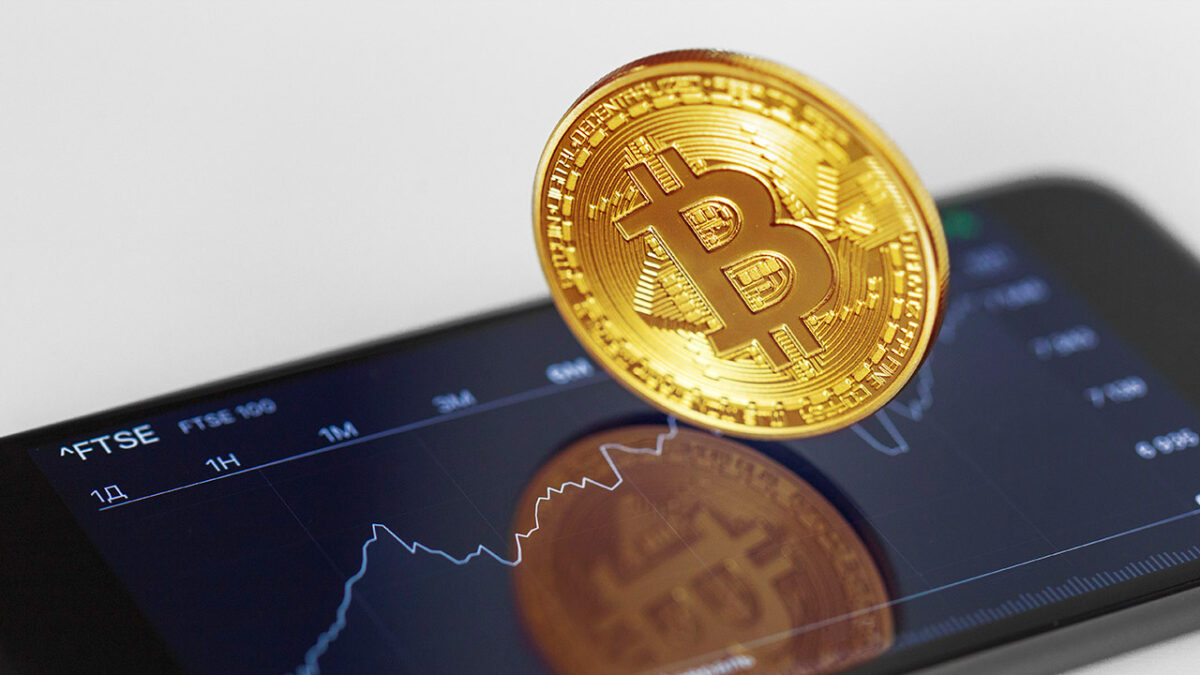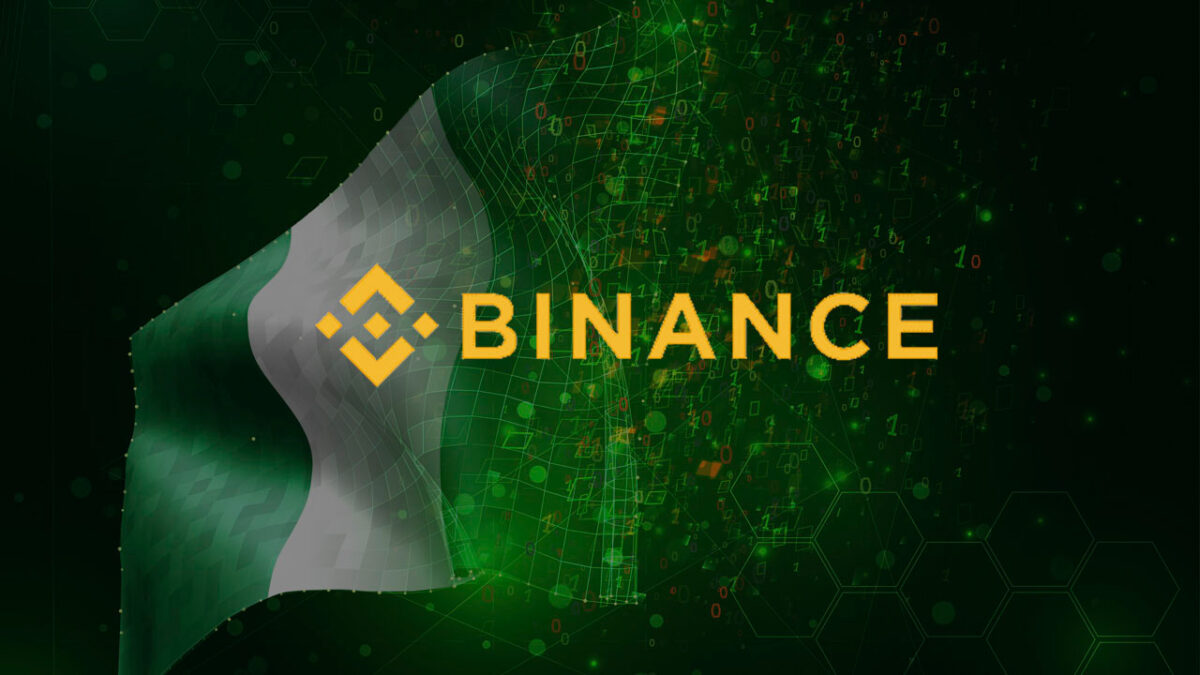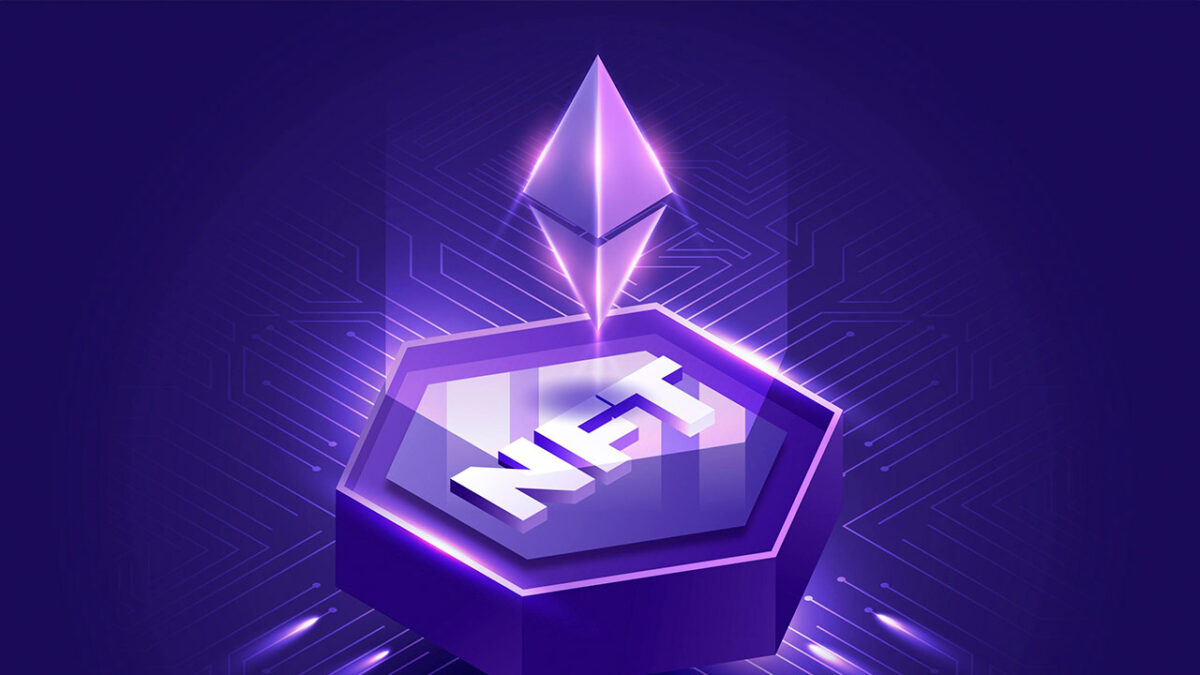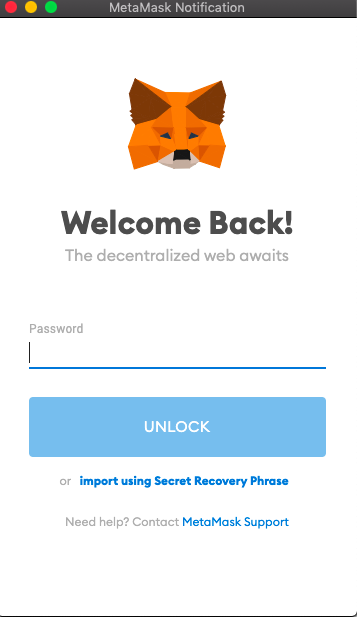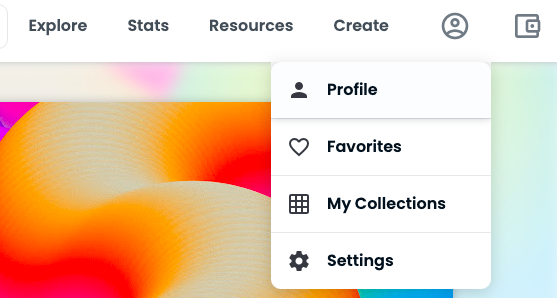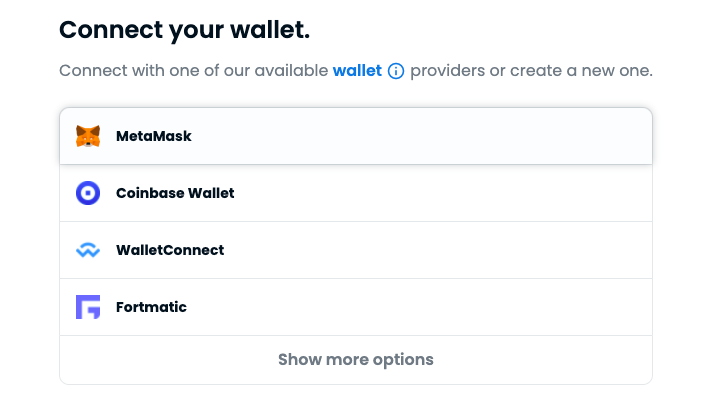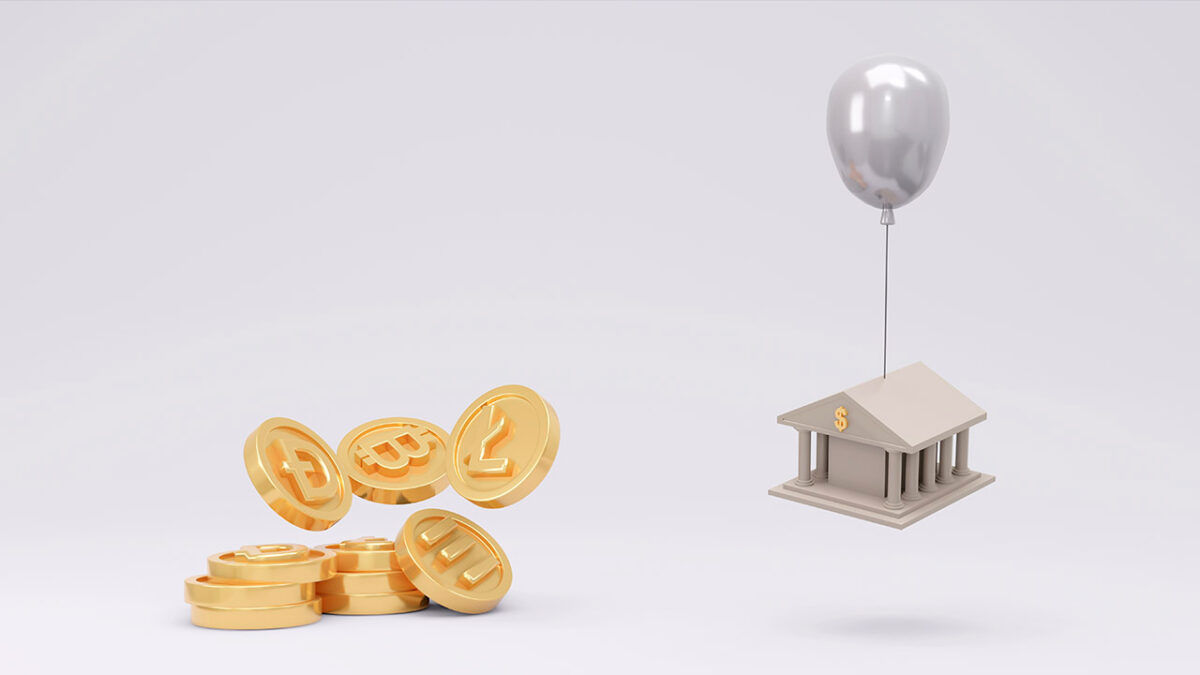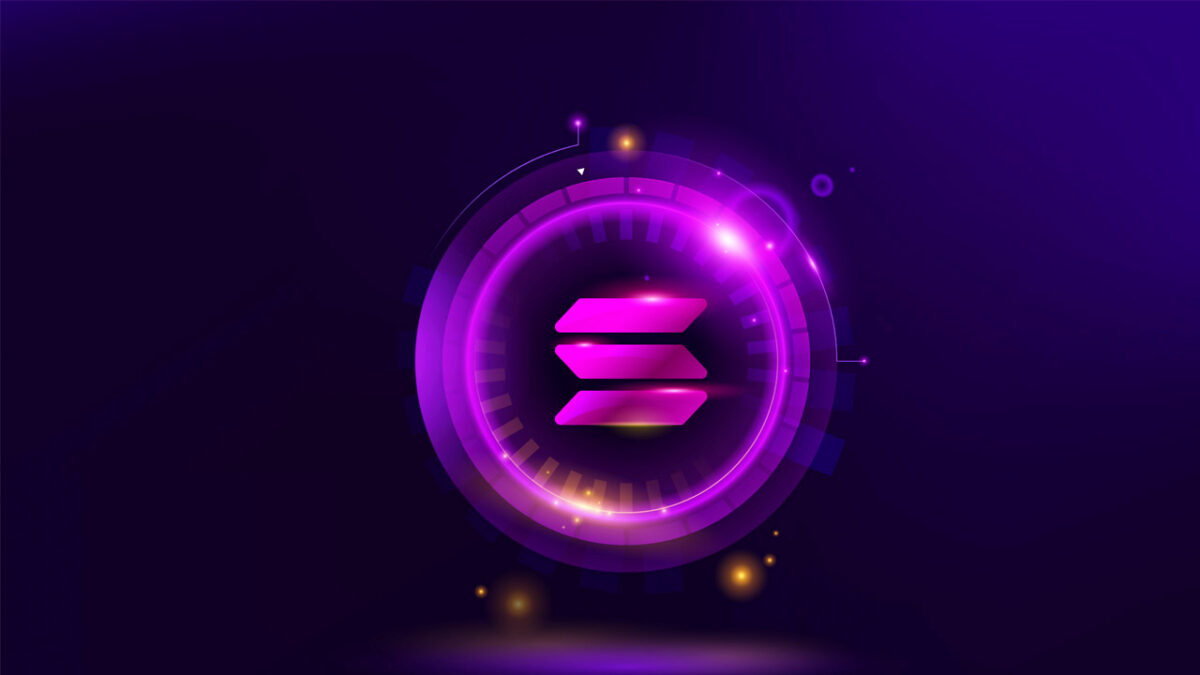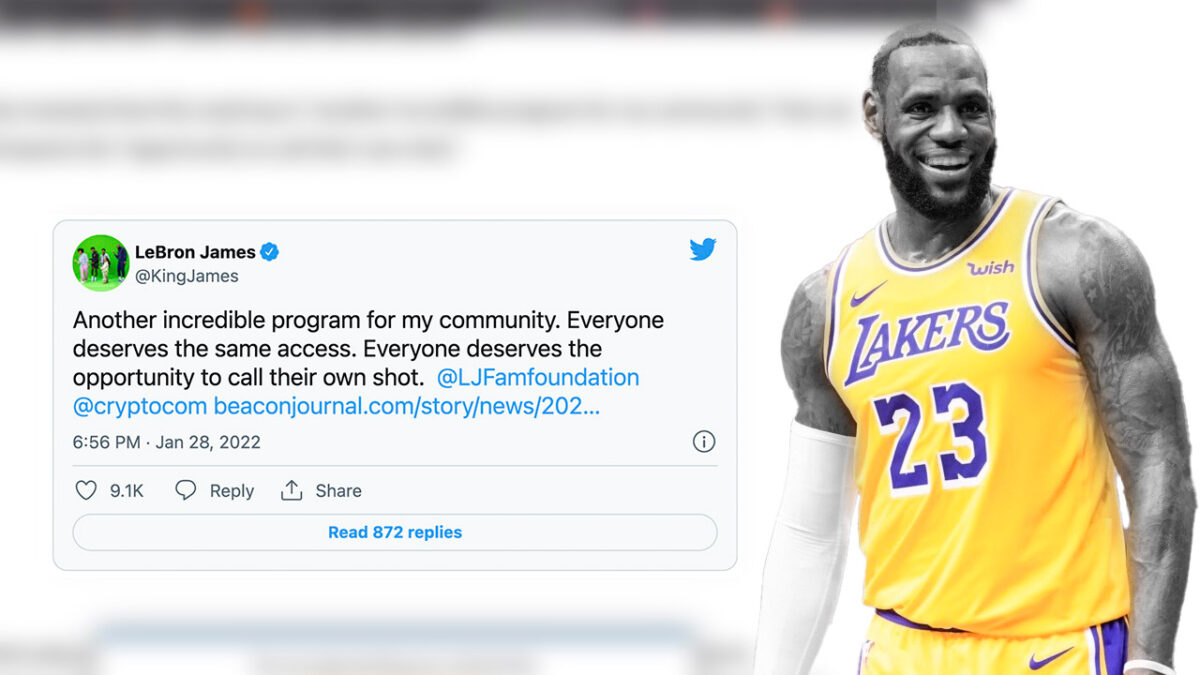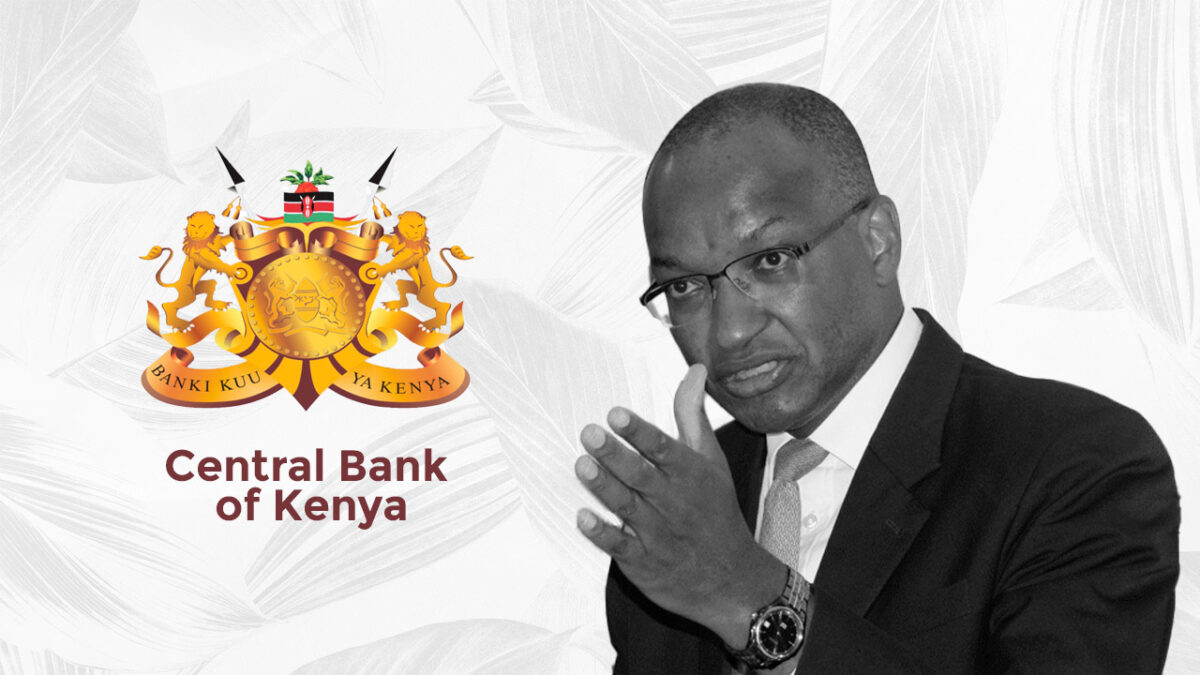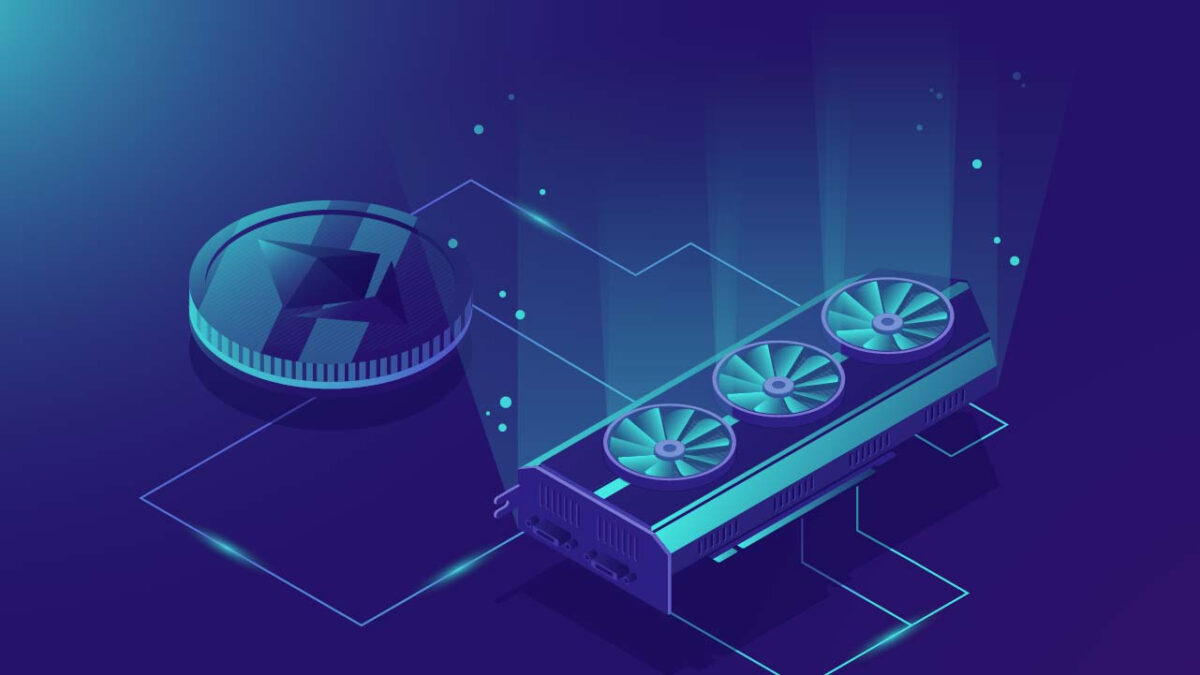Bitcoin is growing in popularity on a daily basis as the globe moves forward with cryptocurrency trading. You definitely don’t want to be left out when everyone around you is talking about Bitcoin trading. However, how can you be certain that Bitcoin trading is right for you? The truth is that no one can ever be sure if Bitcoin trading would be beneficial to him because the crypto market is not the same as the stock market. Bitcoin prices are notoriously unpredictable, and while you can make a lot of money by making smart transactions, you can also lose a lot of money by making bad deals.
Here is how you can benefit from Bitcoin Trading.
The key benefit of Bitcoin trading is the high level of transaction confidentiality and privacy. Traders may be assured of the highest levels of security, safety, and privacy in the Bitcoin Era. The program employs the most up-to-date security features, such as broker verification and adherence to privacy legislation. Furthermore, the application ensures that the trader’s sensitive data is protected.
The freedom to conduct digital payments is an obvious advantage of Bitcoins; such transfers can occur at any time, from any location, and there are no limits. Bitcoins can be purchased with fiat currency, credit and debit cards, or even through a Bitcoin ATM; the alternatives are numerous, giving Bitcoin users a great deal of freedom and flexibility. When you open a trading account on an exchange, you can also buy other cryptocurrencies.
Another advantage is that the crypto market never sleeps and this can work to the advantage of traders. Unlike the stock market, you are free to engage in Bitcoin trading 24×7.
Traditional credit card transactions must go through numerous parties before reaching the retailer, but Bitcoin transactions are handled in minutes. For some transfers, this procedure could take hours or even days. To get a better experience, download the Bitcoin Prime app and begin trading. So, starting now, you should invest in bitcoin since it has the potential to make you wealthy in the long run.
Furthermore, when you send fiat currency, you must pay fees for each transaction, but there is no middleman with Bitcoin, hence there are no fees. In most circumstances, transaction fees are minimal, and in rare cases, no fees are charged at all. Since no intermediary controls Bitcoin exchanges or requires identification details, anyone can make transactions anonymously across borders, subject to local laws. This helps lower costs and generate revenue opportunities in an open market where anyone can participate without restrictions or limitations on how much you trade.
The current financial system is run by institutions with limited liability. Bitcoin’s decentralized structure eliminates the need for third-party institutions to verify transactions, allowing users to settle immediately.
Finally, the best thing about Bitcoin trading is that users have complete control over the process, and their money is safely stored in wallets and exchanges. Transactions are carried out on the blockchain, which ensures security and transparency. Transactions that have been accepted or validated are irreversible. Furthermore, cases of double-spending are prevented because hacking the network necessitates control of more than 51% of the network’s hash power, which is not practicable.
While purchasing bitcoin is reasonably simple, selling bitcoin without dramatically lowering the value of your investment might be tricky. If you’re looking to make minor transactions, these difficulties may be acceptable, but if you’re looking to cash out substantial sums, you’ll need to look beyond simply selling your bitcoins for the money you want.
